Where speaking several languages is a given
- Published
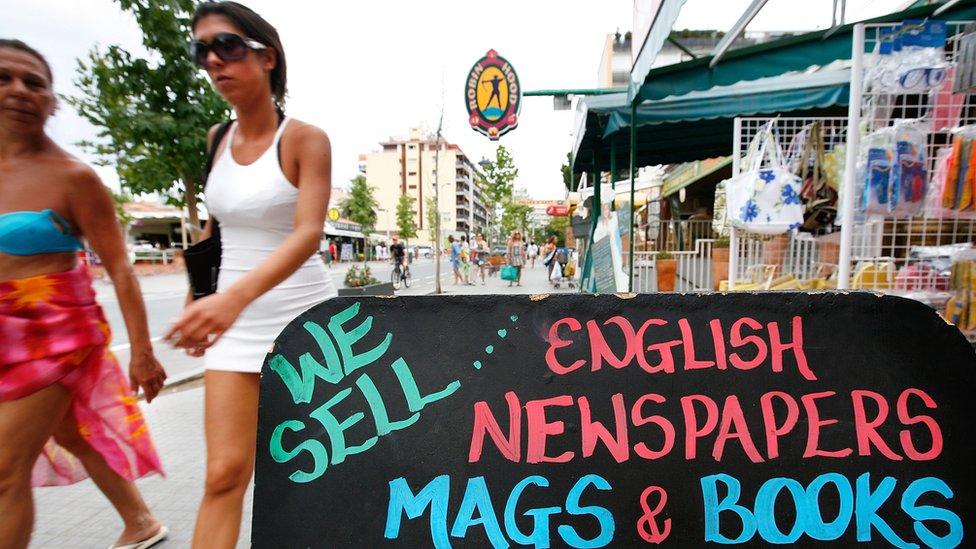
Many British people are embarrassed by their foreign language skills when on holiday abroad
Are you the kind of person who points at menus to be understood while you're abroad? If so, you're not alone and you'd fit in well in the UK - research out this week suggested more than half of UK people do the same, and nearly as many are embarrassed by their lack of language skills.
Some 15% of people even admitted they had spoken English in a foreign accent in a vain attempt to be understood à la footballer Joey Barton a few years back.
But the Brits are in the minority in this regard. It's estimated that 60-75% of people around the world are at least bilingual, and in some places it's the norm to speak three or four languages without blinking an eye.
To meet some polyglots (speakers of multiple languages) I went to the part of the BBC in London where its language services are produced - radio, TV and online.
These colleagues have grown up in places where speaking up to six languages is normal.
Six languages: Venuste Nshimiyimana, from Rwanda
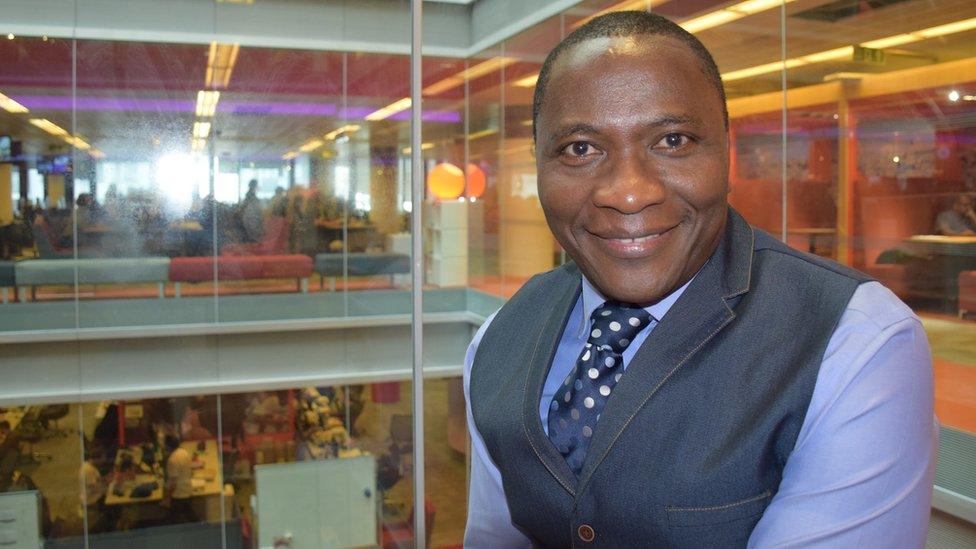
Mr Nshimiyimana actually has a couple more languages on his list but wouldn't let me count them separately because they're similar.
His languages have been useful to his career - he was sent to Iraq when war broke out there, because he could report in English for the BBC's English-language TV programmes, in French for BBC Afrique, in Kiswahili for BBC Swahili, and in Kinyarwanda for BBC Great Lakes.
He also speaks Flemish, having lived in Belgium, and Mashi, having lived in the Democratic Republic of the Congo.
His tips for anyone wanting to learn are:
Be like a sponge and pick up everything
Don't worry about how to pronounce words you have just learned
If you want your children to learn a language, speak it at home
If you want to learn a language, speak it
Would that it were always that simple! He acknowledges he's got a talent.
"I think I have got a facility to speak languages," he says. "Wherever I go I immediately start learning the language of the local people."
Three (and a bit) languages: Mohamad Susilo, from Indonesia
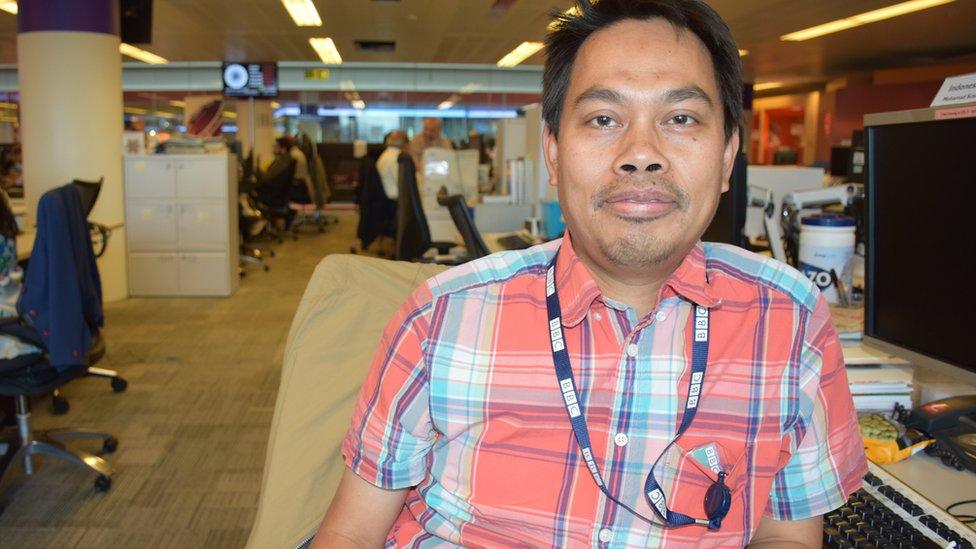
Mohamad Susilo was born on Java island so his mother tongue is Javanese, which is spoken by nearly 100 million people. Like most Indonesians he speaks the national language Bahasa too. And we had our conversation in English.
"Why can you only speak three languages?" I asked, tongue in cheek.
"Well, I'm lazy," he replied.
He can read the Koran in Arabic but although he used to speak it he has lost the ability over time, something he was "so upset" by.
For aspiring polyglots, his tip is to start as soon as possible.
"If you learn a language in the early stage of your life it's better," he said. "When you're older you have too many things in your head."
Four languages: Beryl Munoko, from Kenya
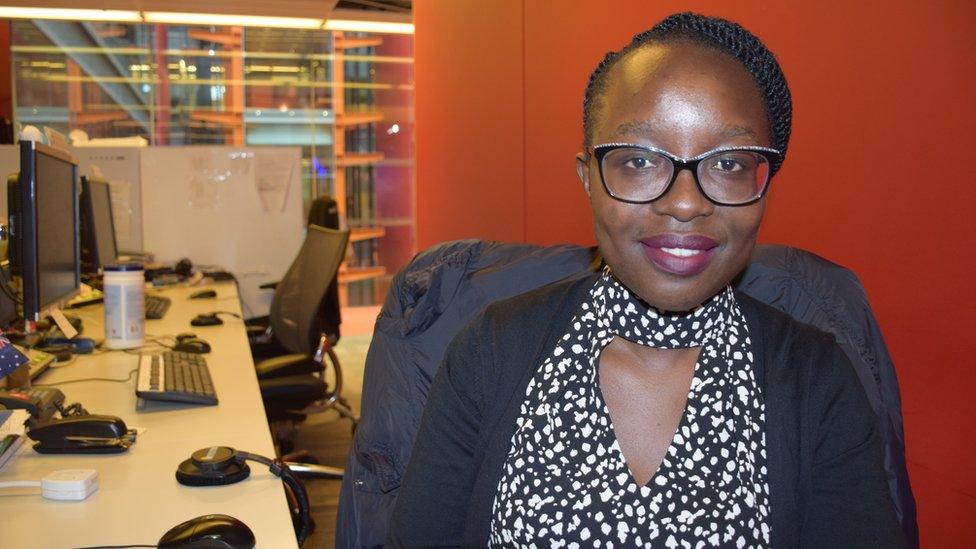
Like Indonesia, Kenya has many local languages. Well, they get called local - the one Ms Munoko learned at home, Luhya, is spoken by millions of people. She speaks the Maragoli dialect her mum spoke and the Bukusu dialect spoken by her dad. She also speaks English and Kiswahili, the country's two official languages, and she learned Kikuyu while working as a journalist in an area where it was spoken.
"Sometimes you go to areas where people will express themselves better in the native language so it will be better to speak to them in that than in Kiswahili," she said.
Three languages: Manoshi Barua, from India and Bangladesh
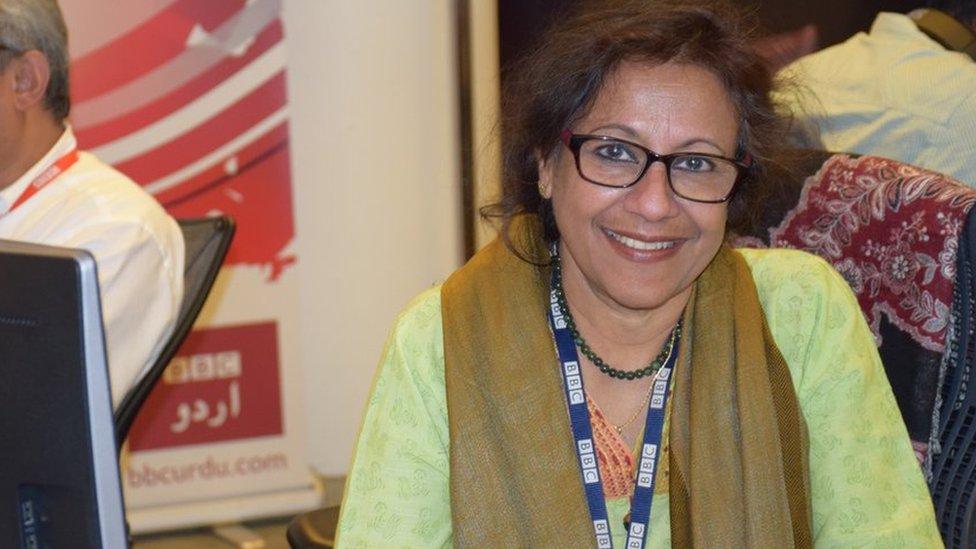
Mrs Barua speaks English and Bengali and understands Hindi, a lingua franca in India.
In Bangladesh, people learn Hindi through children's TV and Bollywood films, she said, and many literary classics are published in English; so if you want to learn a language, find something you like about its culture and immerse yourself in it.
Four languages: Pawan Singh Atul, from India
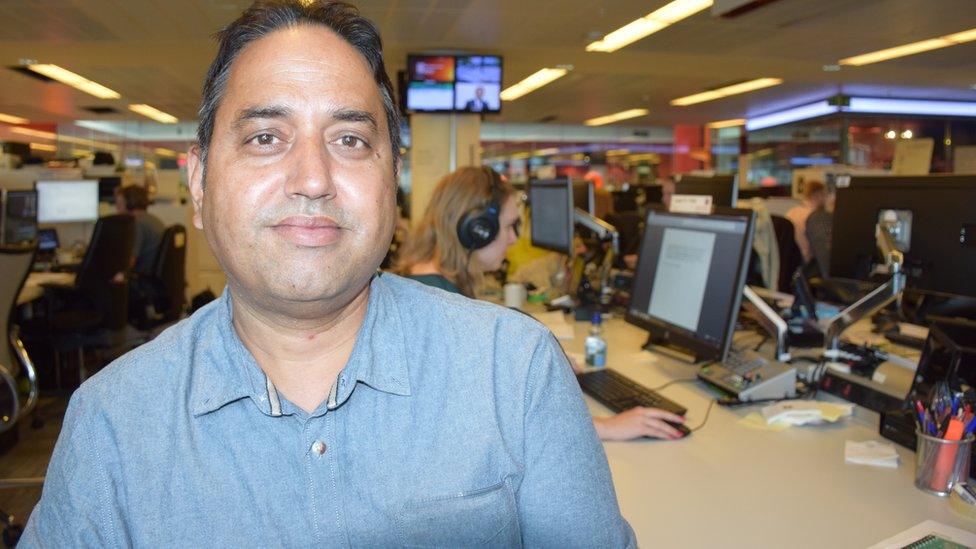
Mr Singh Atul speaks English, his mother tongue Punjabi, Hindi and Urdu. The latter two are very similar in speech but written in different scripts.
He grew up in Delhi so didn't have much opportunity outside the house to speak Punjabi, a language spoken mostly in northern India and Pakistan. But both his parents spoke it so he learned it at home.
"I'm not unusual," he insisted.
Well, maybe not in India. In the UK, he is well above average.
- Published4 August 2017

- Published30 December 2015
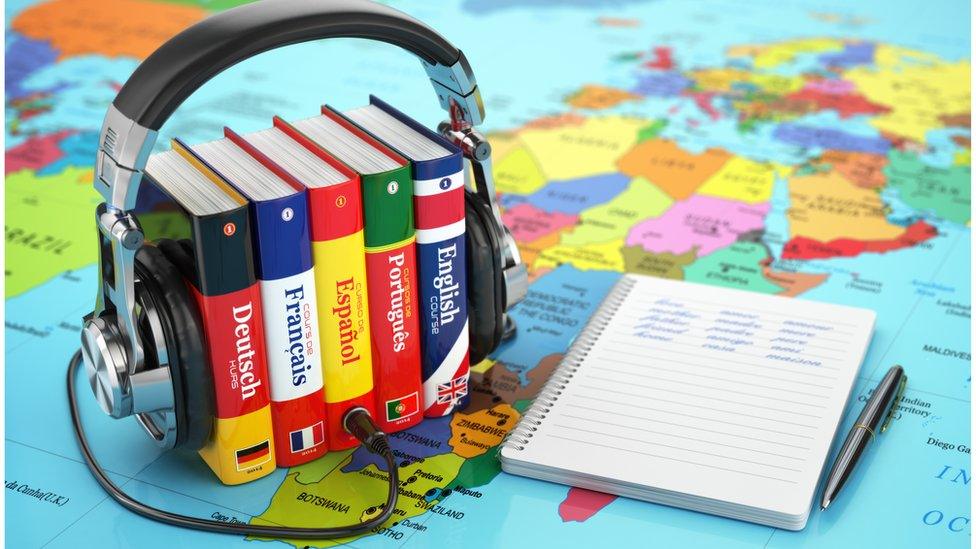
- Published18 March 2015

- Published20 November 2013
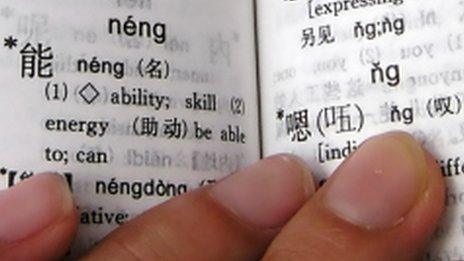
- Published27 November 2012
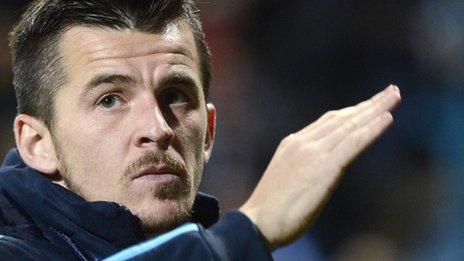
- Published20 January 2016
